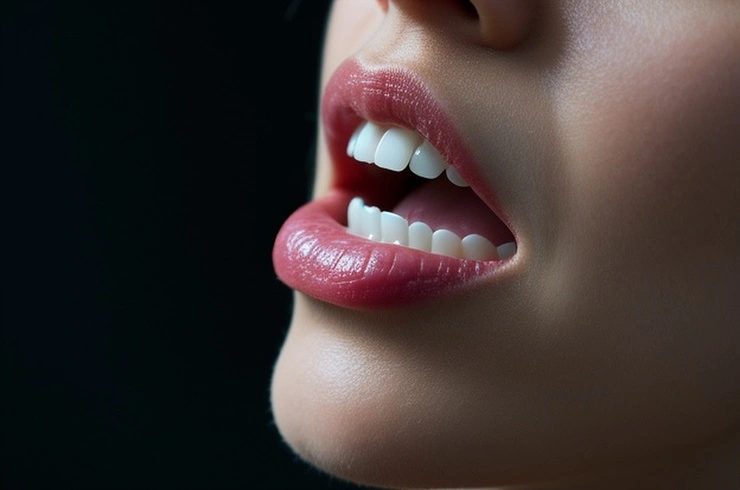
Dry mouth, also known as xerostomia, is more than just feeling thirsty; it's a serious condition that can severely affect your oral health and overall well-being. Saliva plays a crucial role in proper food digestion, protecting teeth from decay, and preventing bacterial infections. When you don't produce enough saliva, you may experience difficulty chewing, swallowing, and even speaking.
Common symptoms of dry mouth include a persistent dry sensation in the mouth, trouble swallowing or speaking, a burning sensation on the tongue, cracked lips, a dry throat, altered taste (including a metallic taste), mouth sores, and bad breath. If you're experiencing several of these symptoms, it's essential to consult your dentist for an assessment. The causes of dry mouth can be varied, ranging from lifestyle choices and medications to underlying health conditions. Your dentist can help diagnose the cause and develop a personalized treatment plan.
Fortunately, there are several home remedies you can implement to stimulate saliva flow and alleviate dry mouth symptoms. Staying well-hydrated is key; drink plenty of water or sugarless drinks throughout the day, especially during meals to aid chewing and swallowing. Avoid caffeinated beverages as they can contribute to dryness. Chewing sugarless gum, sucking on sugarless mints, or using sugarless hard candies can also help stimulate saliva production. It's crucial to avoid tobacco and alcohol, as both are known to dry out the mouth. Consider adjusting your diet: spicy or salty foods can exacerbate dryness, while juicy fruits can have a beneficial effect. Using a humidifier at night can also help maintain moisture in the air while you sleep.
When home remedies aren't sufficient, your dentist may recommend more advanced treatments. Artificial saliva, often available as a spray or gel, can provide immediate relief by moistening your mouth. Depending on the severity of your condition, your dentist might prescribe medication designed to stimulate saliva flow. There are also specialized prescription toothpastes formulated for dry mouth sufferers, as many regular toothpastes contain ingredients that can have a drying effect.
It's important to remember that while dry mouth manifests in the oral cavity, its root cause can sometimes be systemic. After consulting your dentist, a visit to your medical doctor may be beneficial, as numerous health factors can contribute to dry mouth. These include side effects from medications for high blood pressure, pain, or asthma, as well as conditions like depression, anxiety, nutritional deficiencies, and autoimmune disorders such as rheumatoid arthritis, lupus, and Sjogren's syndrome. Your doctor may be able to adjust your current medications or explore alternative treatments for any underlying health issues, which in turn could help alleviate your dry mouth symptoms.
Ignoring dry mouth, even if it seems minor, is not advisable due to its potential impact on your oral and overall health. Be proactive in seeking diagnosis and treatment, embracing various options to restore your saliva levels to normal and improve your quality of life.
Pro Tip
The content of the article is shared by netizens, please carefully identify it